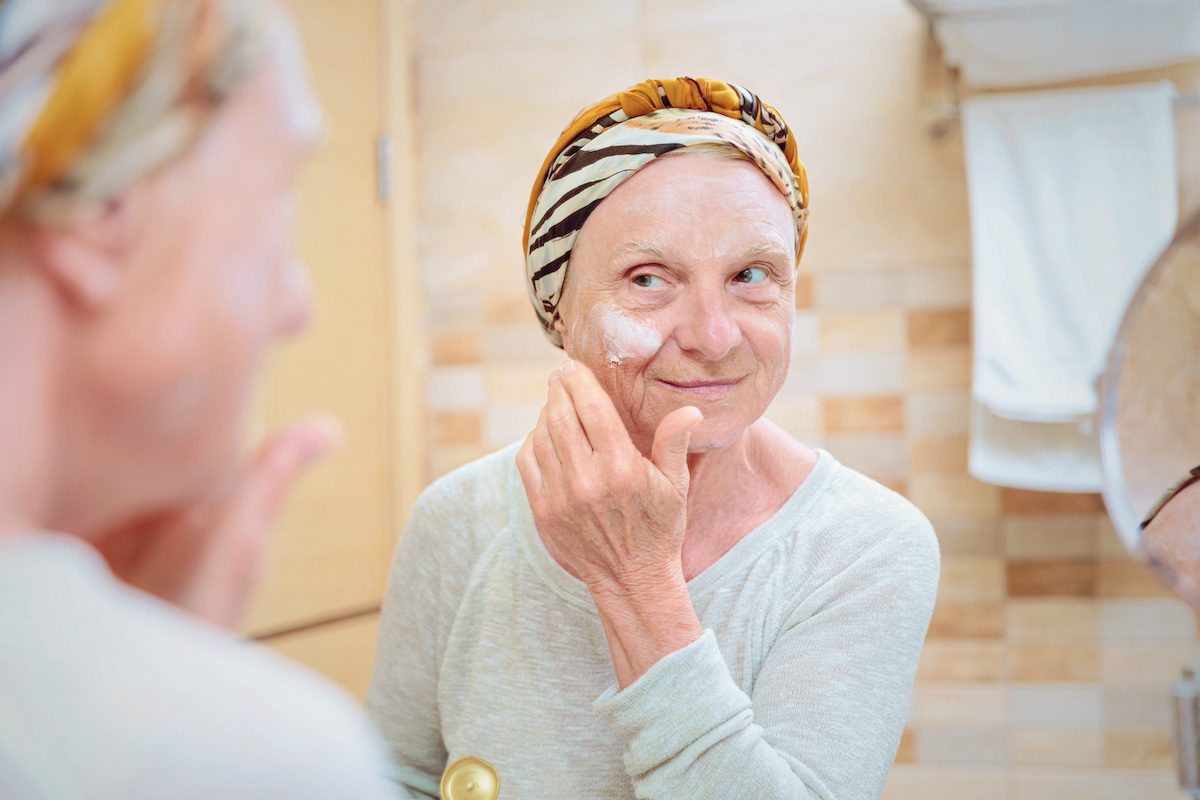
The Blessing of Getting Older
Aging is a natural process that brings about changes in physical health and overall well-being. As individuals age, it becomes increasingly important to prioritize health and wellness to maintain a high quality of life. This guide provides valuable tips and strategies for promoting healthy aging, focusing on key areas such as staying active, eating well, managing health conditions, and fostering social connections. By implementing these tips, older adults can enhance their overall health and well-being, enabling them to lead fulfilling and vibrant lives.
What To Look Forward To
Aging is a natural part of life, yet many people fear growing older. This fear often stems from societal attitudes and stereotypes that portray aging as a period of decline and loss. However, there are many reasons why we shouldn’t fear getting older. Here are some key points to consider:
Wisdom and Experience
With age comes wisdom and experience. As we grow older, we accumulate knowledge and life lessons that can help us navigate challenges more effectively. This wisdom can also be passed down to younger generations, contributing to the betterment of society as a whole.
Personal Growth
Aging provides an opportunity for personal growth and self-discovery. Many people find that as they get older, they become more comfortable in their own skin and more confident in who they are. This can lead to a greater sense of fulfillment and purpose in life.
Stronger Relationships
As we age, we often develop deeper and more meaningful relationships with others. Friendships and family bonds can become stronger, providing a source of support and companionship in later years.
Appreciation for Life
Getting older can help us appreciate the value of life and the importance of living in the present moment. It can teach us to prioritize what truly matters and let go of things that no longer serve us.
Opportunities for New Adventures
Age should not be a barrier to trying new things and pursuing new adventures. In fact, many people find that as they get older, they have more time and resources to explore new hobbies, travel to new places, and embark on new experiences.
Health and Well-being
While it’s true that aging can bring about physical changes, it’s also possible to maintain good health and well-being as we age. By adopting a healthy lifestyle that includes regular exercise, a balanced diet, and regular check-ups, we can ensure that our later years are vibrant and fulfilling.
Contributions to Society
Older adults have a wealth of knowledge, skills, and experience to offer society. Many older adults continue to work, volunteer, and contribute to their communities in meaningful ways, making a positive impact on the world around them.
Staying Active
Physical activity is crucial for maintaining health and mobility as we age. Regular exercise can help improve balance, strength, and flexibility, reducing the risk of falls and injuries. Aim for at least 150 minutes of moderate aerobic activity per week, such as walking, cycling, or swimming. Strength training exercises are also beneficial and should be performed at least twice a week. Additionally, incorporating activities that improve balance, such as yoga or tai chi, can help prevent falls.
Eating Well
A healthy diet is essential for overall health and well-being, especially as we age. Focus on consuming a variety of fruits, vegetables, whole grains, and lean proteins. Limit saturated fats, sugars, and sodium. Stay hydrated by drinking plenty of water throughout the day. Consider consulting with a nutritionist to develop a personalized meal plan that meets your specific dietary needs.
Managing Health Conditions
As we age, the risk of developing chronic health conditions, such as heart disease, diabetes, and arthritis, increases. It’s important to work closely with healthcare providers to manage these conditions effectively. Follow prescribed treatment plans, take medications as directed, and attend regular check-ups. Engage in activities that promote mental health, such as meditation or mindfulness, to reduce stress and improve overall well-being.
Fostering Social Connections
Maintaining social connections is key to healthy aging. Stay connected with family and friends, participate in community activities, and join social groups or clubs. Engaging in meaningful social interactions can improve mental health and emotional well-being, reducing the risk of depression and loneliness.


FAQs
- What are the benefits of healthy aging?
Healthy aging can lead to a higher quality of life, reduced risk of chronic diseases, improved mobility and independence, and enhanced mental health and well-being. - How can I stay mentally sharp as I age?
To stay mentally sharp, engage in activities that challenge your brain, such as puzzles, reading, learning new skills, and socializing regularly. - Is it ever too late to start exercising and eating well?
It’s never too late to start exercising and eating well. Making healthy lifestyle changes at any age can improve your health and quality of life. - How can I prevent falls as I age?
To prevent falls, maintain a regular exercise routine to improve balance and strength, remove tripping hazards from your home, and have your vision checked regularly. - What role does sleep play in healthy aging?
Sleep is crucial for overall health and well-being, especially as we age. Poor sleep can contribute to various health issues, so it’s essential to prioritize good sleep hygiene. - How can I manage chronic pain as I age?
To manage chronic pain, work with your healthcare provider to develop a comprehensive treatment plan that may include medication, physical therapy, and lifestyle modifications.
Conclusion
The journey of aging is a natural and inevitable part of life that should be embraced rather than feared. While aging comes with its own set of challenges, it also offers a multitude of opportunities for growth, learning, and fulfillment. By adopting a positive mindset and making proactive choices, individuals can age gracefully and enjoy a high quality of life in their later years.
One of the key reasons why we should not fear getting older is the wisdom and experience that comes with age. As we navigate through life, we encounter a variety of experiences that shape our perspectives and teach us valuable lessons. These lessons not only enrich our own lives but also enable us to guide and inspire others, contributing to the betterment of society as a whole.
Additionally, getting older provides an opportunity for personal growth and self-discovery. Many people find that as they age, they become more comfortable in their own skin and more confident in who they are. This self-assurance can lead to a greater sense of fulfillment and purpose, as individuals are able to focus on what truly matters to them and let go of societal expectations.
Furthermore, aging can strengthen relationships and deepen connections with others. As we grow older, we often develop deeper and more meaningful relationships with friends and family members. These relationships provide a source of support, companionship, and joy, enriching our lives in countless ways.
Moreover, getting older should not be seen as a barrier to new experiences and adventures. In fact, many people find that as they age, they have more time and resources to pursue their passions and explore new interests. Whether it’s traveling to new places, learning new skills, or trying new hobbies, age should never be a limitation to living life to the fullest.
So, while aging is a natural process that comes with its own set of challenges, it is also a time of great opportunity and growth. By embracing the journey of aging with a positive attitude and an open mind, individuals can make the most of their later years and continue to lead fulfilling and meaningful lives.



